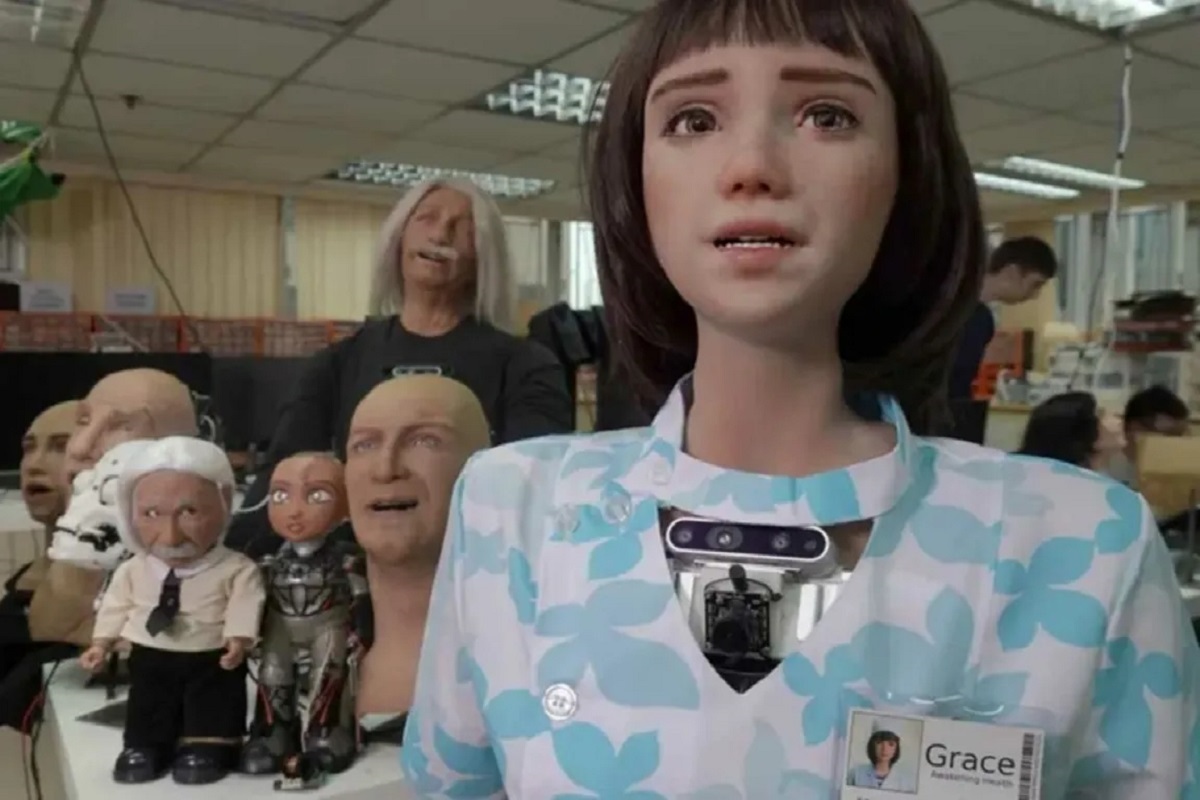AI is now helping hospitals predict when patients might get sicker. Stanford Medicine did a study using AI at Stanford Hospital. This AI model can tell when a patient’s health might get worse and tells doctors and nurses. Dr. Ron Li led the study and he says the AI helps doctors and nurses work together better. It helps them stop patients from getting very sick and needing intensive care.

The AI looks at the patient’s vital signs, health records, and test results every 15 minutes. It gives a score that shows how likely the patient is to get sicker. If the score is high the AI alerts the medical team so they can act fast.
Dr. Lisa Shieh was part of the study and she says the AI starts conversations between doctors and nurses. This helps them decide what to do for the patient. The AI also makes communication between medical staff better. Jerri Westphal who manages nursing informatics says the AI helps nurses and doctors talk about how to care for the patient.
The AI system was adjusted to focus on predicting when patients might need intensive care. Margaret Smith who helped with the study says nurses were involved in making sure the AI worked well. The study showed that the AI helped reduce how often patients got sicker. There was a 10.4% decrease in patients getting very sick after the AI was used.
This means the AI is good at finding patients who might need urgent help. Using AI in hospitals can improve patient care and make sure people get help when they need it most.
